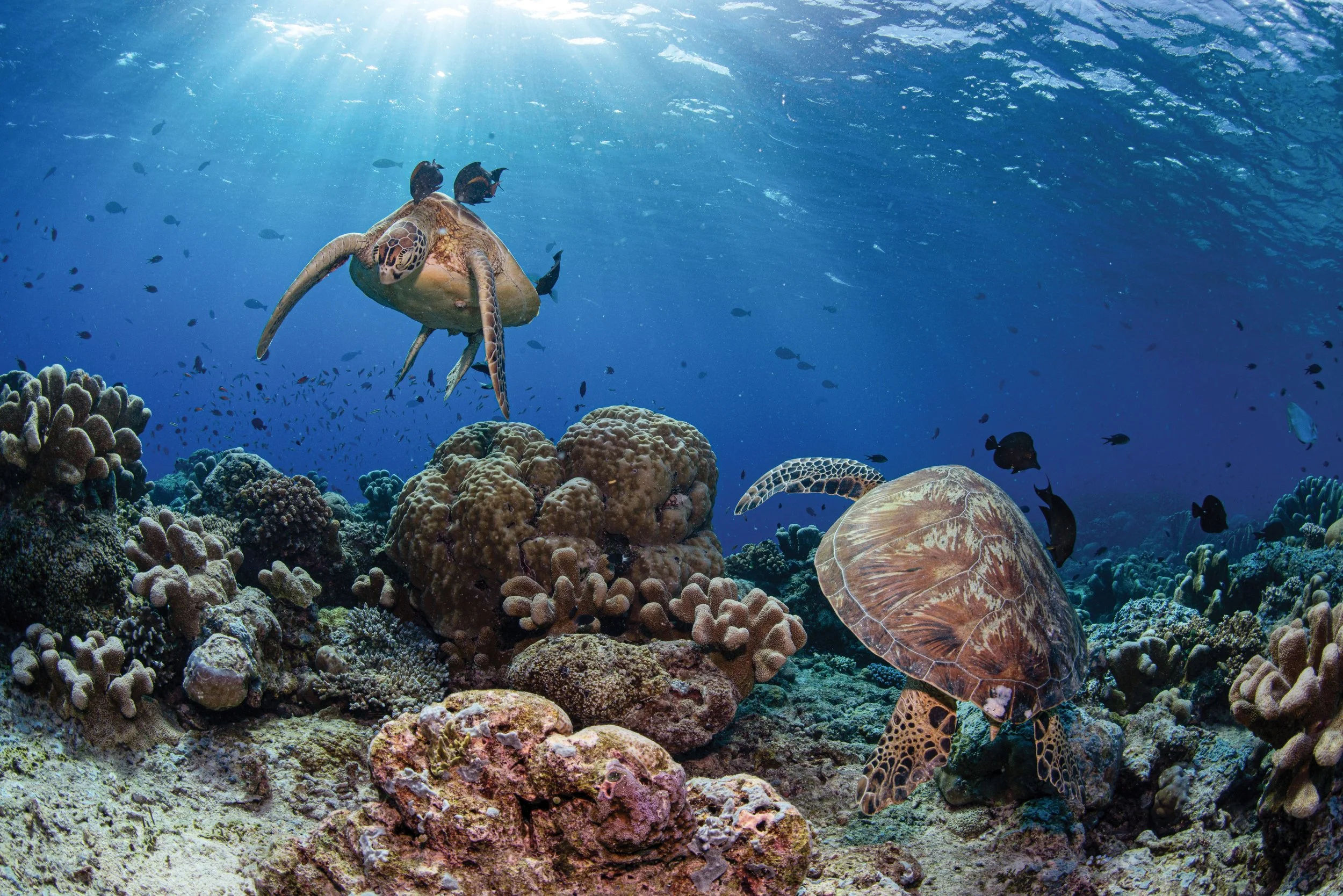The Mediterranean Sea is a bountiful yet dangerous place for sea turtles. Characterized by beautiful natural and cultural heritage sites and by rich biodiversity, the Mediterranean is also a troubled and overexploited sea, where sea turtles have a hard time coping with high fishing pressure, gas and oil development, major cross-continental maritime traffic, beachfront and other habitat impacts, and widespread marine pollution.
Read MoreJapanese folklore tells of a fisherman, Urashima Tarō, who rescues a sea turtle from torment and sets him free. In gratitude, the turtle transports the fisherman to a mythical Dragon Palace beneath the sea, where he is welcomed by a beautiful princess. This eighth-century fable sets the cultural backdrop for modern sea turtle conservation in Japan, where community-led efforts have restored once-decimated sea turtle populations.
Read MoreAfrica’s sea turtles were once among the least studied in the world, and mounting threats to their survival, such as fishing, poaching, coastal development, and pollution, still require further study and urgent attention. Today, a growing number of institutions and individuals are shedding new light on sea turtle science, and they are helping find solutions to the continent’s sea turtle and ocean conservation challenges.
Read MoreSouth America has nearly 90,000 miles of coastline, and five of the world’s seven sea turtle species call the Pacific, Atlantic, and Caribbean waters and the beaches of South America their home for at least part of their life cycles.
Read MoreCosta Rica is a country of ocean, nature, and sea turtle superlatives. Five of the world’s seven species of sea turtles nest on its shores, a number exceeded only by the significantly larger countries of Australia and Mexico.
Read MoreThe following list was published in The State of the World's Sea Turtles Report Vol. 7 in 2012 and identifies the 11 most threatened sea turtle populations in the world. This analysis was made possible by the priority-setting efforts of the Burning Issues (BI) Working Group of the IUCN Marine Turtle Specialist Group, which created a framework for delineating sea turtle populations globally (RMU's) and then evaluated, compared, and organized sea turtle RMU's within the context of a conservation "priorities portfolio".
Read More









